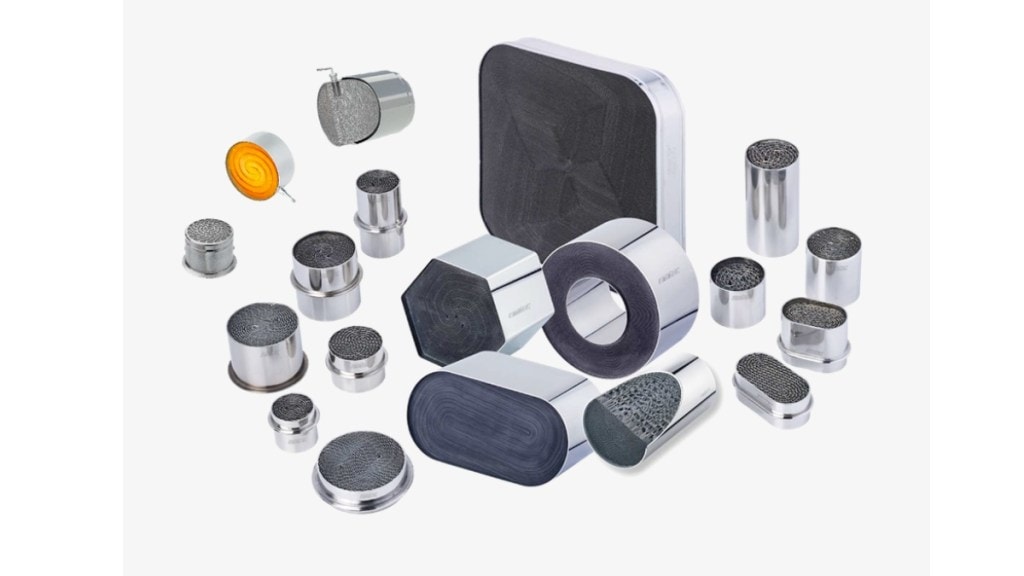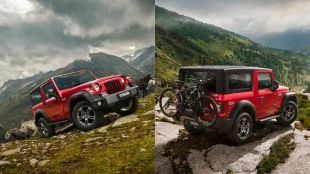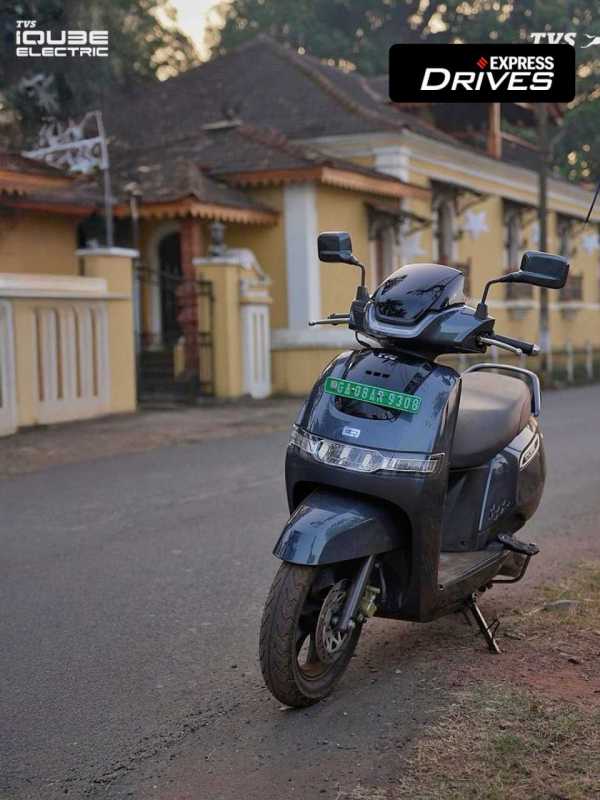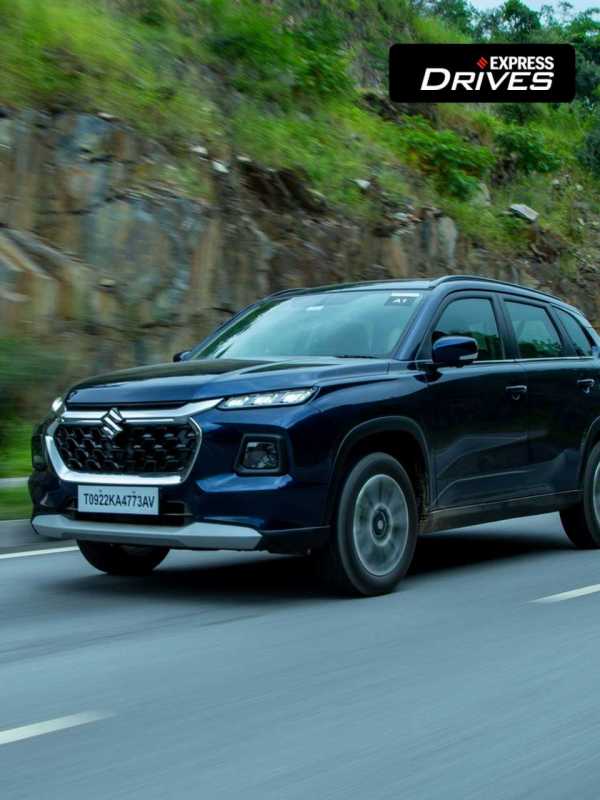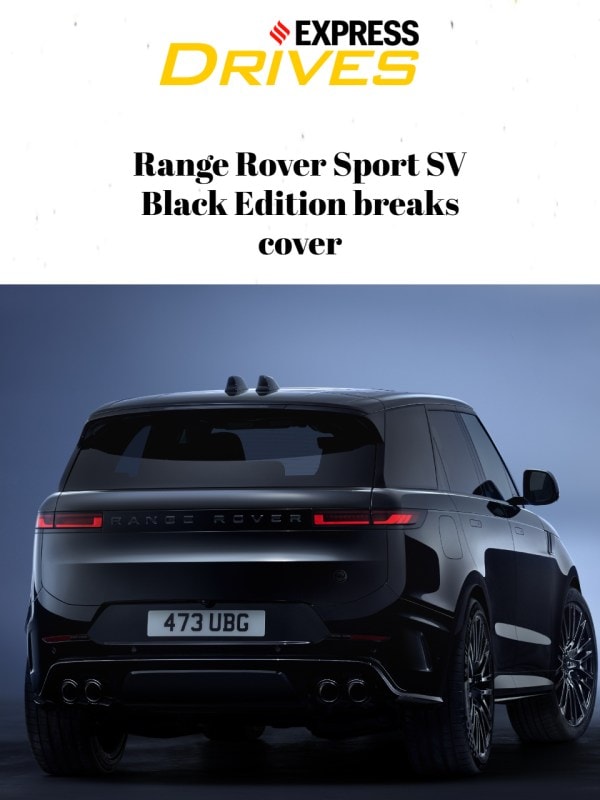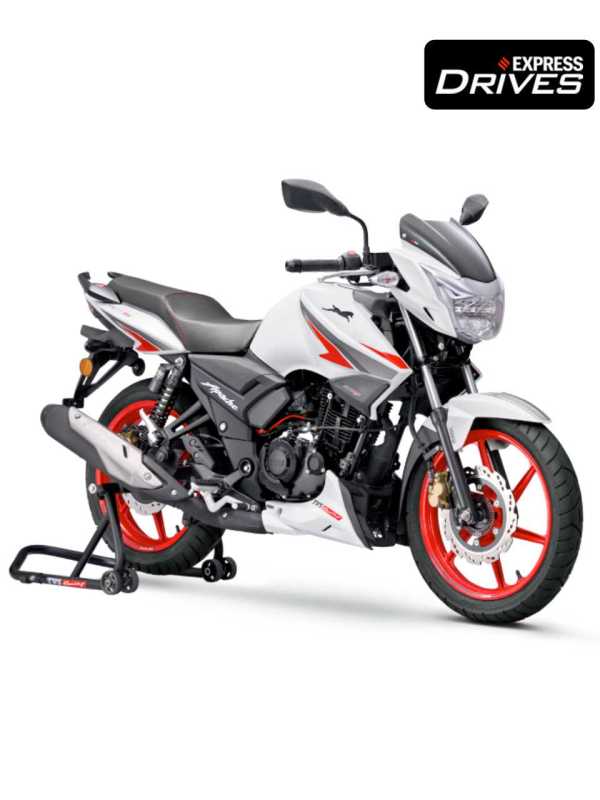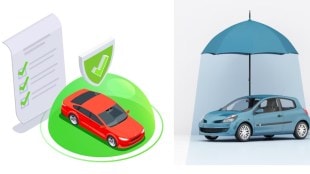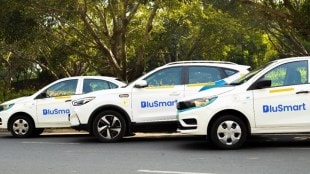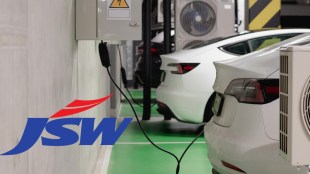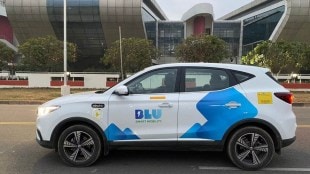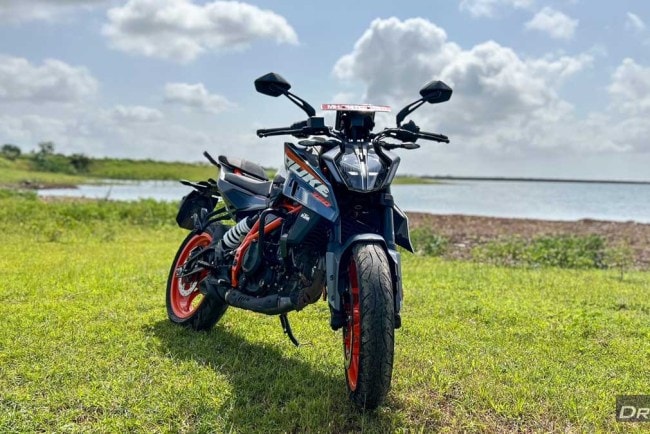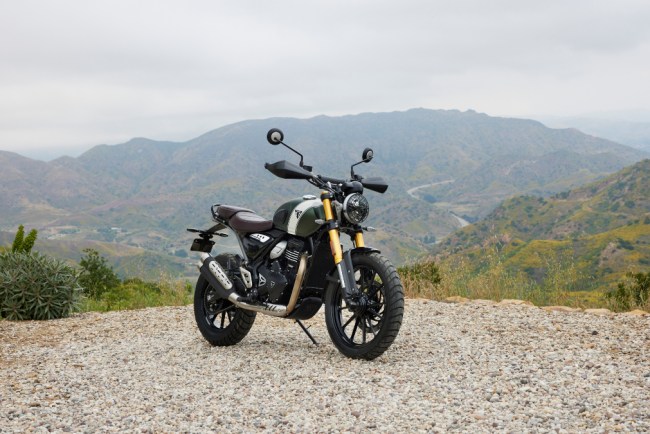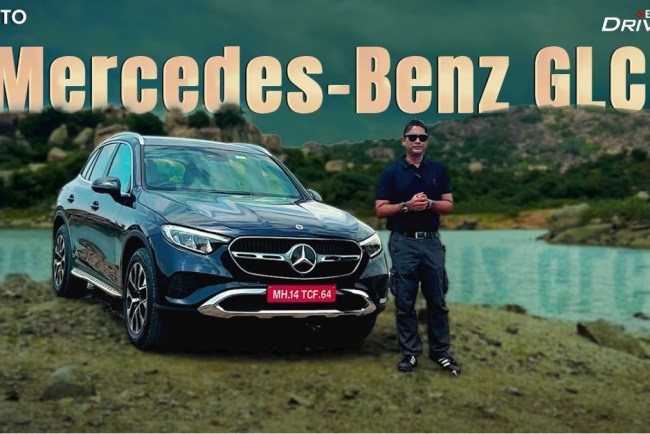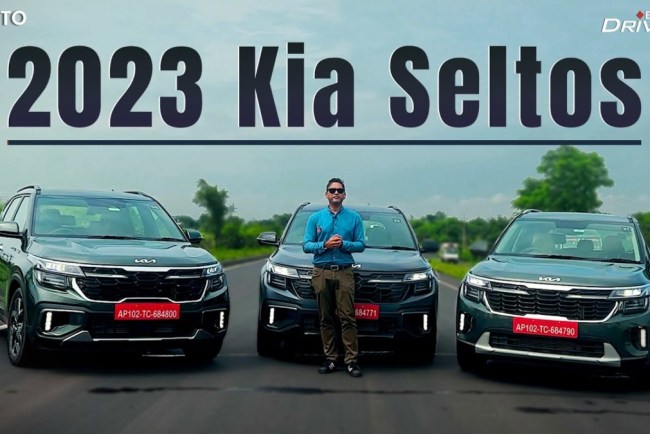Emitec Technologies, the demerged company from Vitesco Technologies, sees Internal Combustion Engines (ICE-vehicles) continue to hold strong for at least the next two decades and the India operations are expected to play a key role for the company.
At present, the company has revenue of 160 million euros (Rs 1,406 crore) of which almost one-third is contributed from the India operations. It primarily serves the two-wheeler market in India, where it claims to have over 60 percent market share. The passenger vehicle, commercial vehicle, and off-road equipment segments offer huge potential growth opportunities in the country.

“We will be the last metal substrate supplier for the automotive industry in a good way, because we see the future of IC vehicles continuing to exist, while we also start exploring new business cases,” says Rolf Bruck, MD, Emitec Technologies to Financial Express in a select media interaction in Pune, India. This was his third visit to India this year, and his first post the demerger from Vitesco Technologies as an independent entity acquired by the Munich-based Dubag Group.
In India, Emitec Technologies has invested around Rs 230 crore and set up a manufacturing capacity of 30 million substrates with around 70-80 percent capacity utilisation. It expects that given the current business scenario, it will grow 30 percent in global revenue terms for the next 3-5 years.
New emission norms and e-fuels
He further states that with Vitesco Technologies focusing on electrification, the future roadmap for Emitec Technologies was to find a right partner to take forward the future potential of IC-vehicle technology and develop it further.
“Now Vitesco is following their line on electrification, and Emitec on the other side can focus on our core business. And then there is a differentiation between India, Germany, and Europe. In Europe, at least politicians like to step relatively fast out of the combustion engine. We are now pushing new areas and in India with the new legislation like TREM V, we are also going in the direction of heavy-duty non-road machines like tractors, and exporting from India to ASEAN, Malaysia, etc as they get new legislation in the future,” adds Bruck.
The advantage he says is that the company can use funds and invest in new technologies for the future, which was not possible with Vitesco Technologies.
Furthermore, while electric vehicles are being discussed, there is also the potential of synthetic fuel, which basically is a fuel made out of renewable energy. This is said to be much cleaner than the existing electric vehicle technology dependent on non-renewable energy sources.
Combustion engines not going away soon
Giving China’s example, he points out how the government there aims to have a 50-50 share of battery electric and hybrids in the coming years. This means half of the vehicles sold will continue to have combustion energy. On the other hand, in Europe the demand for electric vehicles is coming down as the government subsidies have reduced.
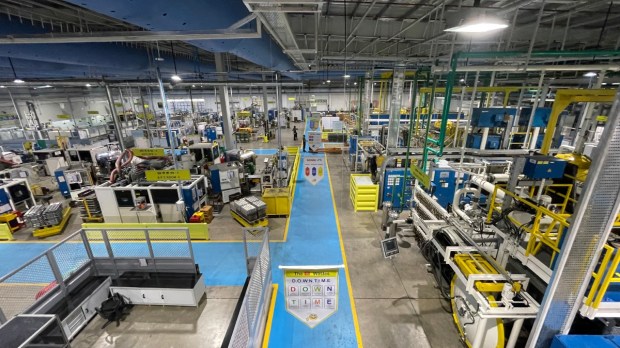
“In India, we saw a lot of electric two-wheelers, and last year we saw many incidents of them catching fire. The challenge is in terms of pricing them affordable while also taking into consideration the safety aspect. Even by conservative estimates available globally, the number of IC vehicles will continue to remain the same by 2035. Because PV market is growing, for heavy-duty trucks electrification in its current form does not make sense, so for us there is a long-term market for the combustion engine,” explains Bruck.
The company meanwhile has bagged its first order from a commercial vehicle maker in India and is also betting on the upcoming TREM Stage-V emission standard for non-road vehicles from 2024, which will bring the need for SCR (selective catalytic reduction) technology.
Emitec Technologies is also exploring avenues and opportunities from other alternate fuel sources. On the possibility of new partnerships, joint-venture or acquisitions in India, Bruck concludes, “the idea to explore potential synergies is not ruled out.”

